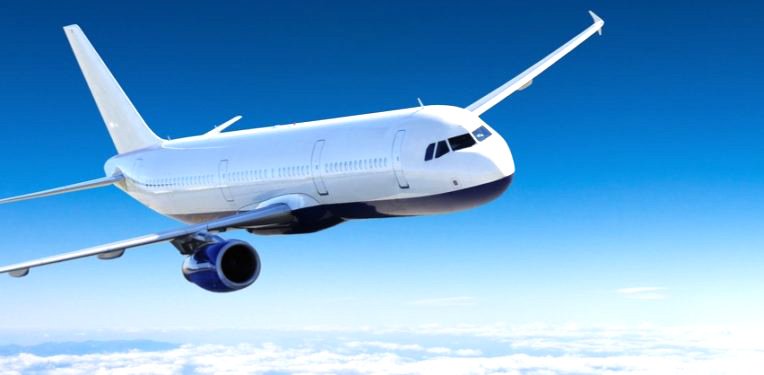Contact STAFF

We all remember the days when airlines would over-book those much-needed flights heading to Trinidad and Tobago for carnival or to other hot Caribbean destinations popular with Montrealers frantically trying to “duck” the winter, then arbitrarily bump passengers, offering them vouchers or rebates that sometime expire before you realize it.
Well no more.
Under new government-enacted policies brought in by the Air Passenger Protection Regulations, airlines must now offer a stipulated monetary compensation or alternatives that are of a higher value. And passengers must be given the option to select what form of redress they prefer.
The Air Passenger Protection Regulations came into effect following years of complaints from distressed passengers who have been victims of extended delays and arbitrary displacement by seemingly uncaring airlines’ policies.
According to the Canadian Transportation Agency the new set of rules follow “extensive consultations held from May 28 to August 28, 2018.”
And they set out “a clear, consistent set of minimum airline obligations towards passengers if, for example, their flight is delayed or cancelled, they’re bumped from an overbooked flight, they sit on a plane during a tarmac delay.”
The Air Passenger Protection Regulations were implemented in two phases. The initial one on July 15 demanded that airlines:
• Communicate to passengers in a simple, clear way information on their rights and recourses and regular updates in the event of flight delays and cancellations;
• Provide compensation of up to $2,400 for bumping a passenger for reasons within their control;
• Ensure passengers receive standards of treatment during all tarmac delays and allow them to leave the airplane, when it’s safe to do so, if a tarmac delay lasts for over three hours and there’s no prospect of an imminent take-off;
• Provide compensation for lost or damaged baggage of up to $2,100 and a refund of any baggage fees, and
• Set clear policies for transporting musical instruments.
The second phase came into effect on December 15, and demanded that airlines will have to:
• Provide compensation of up to $1,000 for flight delays and cancellations within an airline’s control that are not safety-related;
• Rebook or refund passengers when flights are delayed, including, in some cases, using a competing airlines to get passengers to their destination;
• Provide food, drink and accommodation when passengers’ flights are delayed, and facilitate the seating of children under 14 years in close proximity to an accompanying adult, at no extra charge.
However, the regulations state that in order for passengers to receive compensation, cancellations or delays must be within the airline’s control and not related to safety.
As well, delays resulting from weather or mechanical issues are exempted.
According to the regulations, airlines are now required to seat children under the age of 14 near their parent, guardian or tutor at no additional charge.
The rules say a child four-years-old or younger must be seated adjacent to their parent, guardian or tutor’s seat.
A child who is between the ages of five and 11 must be seated in the same row, separated by no more than one seat from their parent, guardian or tutor.
If a child is 12 or 13-years-old, they must be seated no further than one row from their parent, guardian or tutor.
Airlines are also required to have a policy regarding unaccompanied minors, which would prohibit children under the age of five from travelling without a parent or “accompanying person” who is at least 16-years-old.
According to the rules, passengers have a year to file a request with the airline for compensation.
Once the airline receives the request, they will have 30 days to provide the compensation or explain why they will not pay.
According to the rules, if a passenger and airline are unable to settle a dispute, the individual can file a complaint directly to the CTA.
Airlines are required to follow the new regulations “as soon as they come into force.” If an airline does not comply, it could be on the hook for $25,000 per incident.















